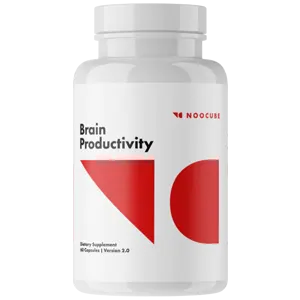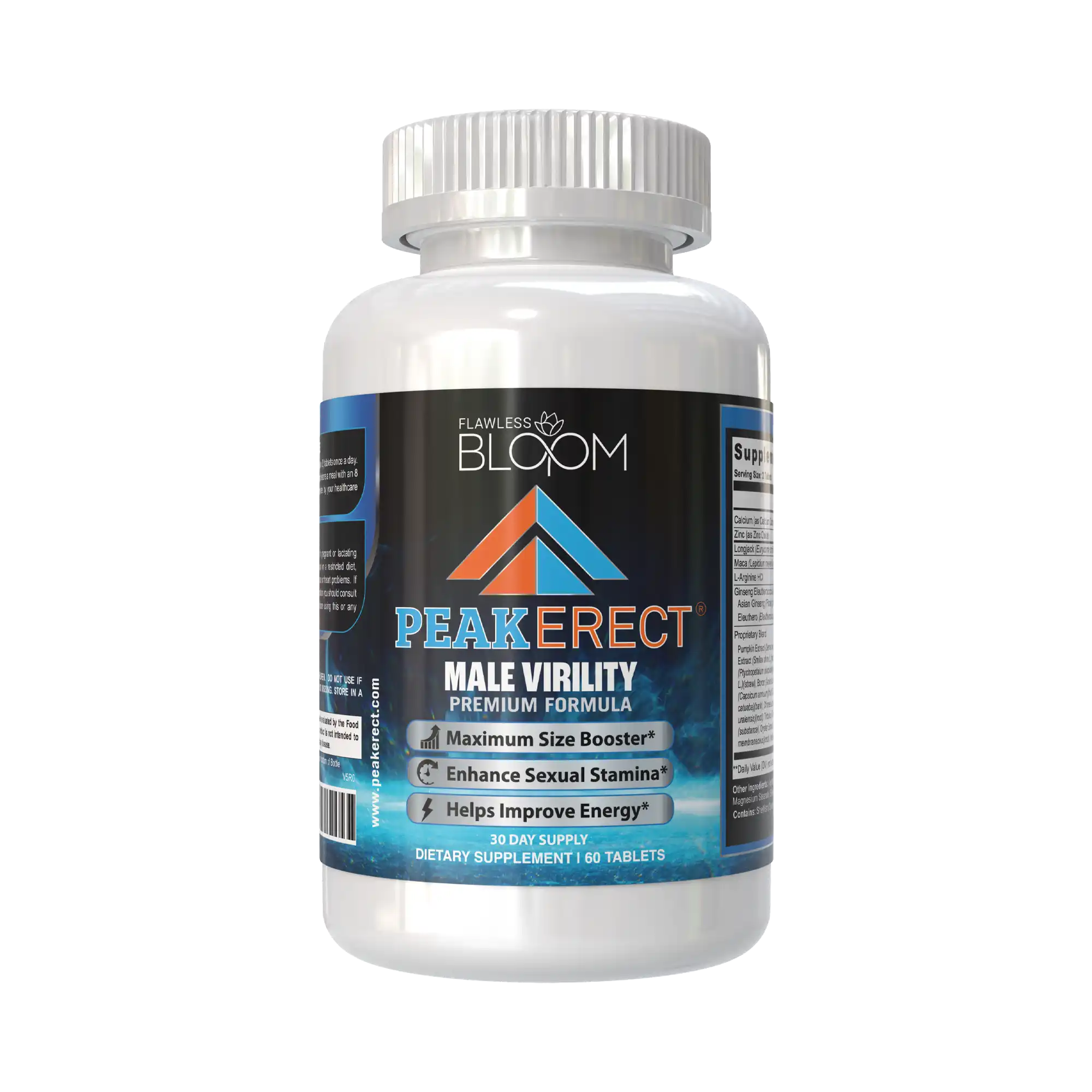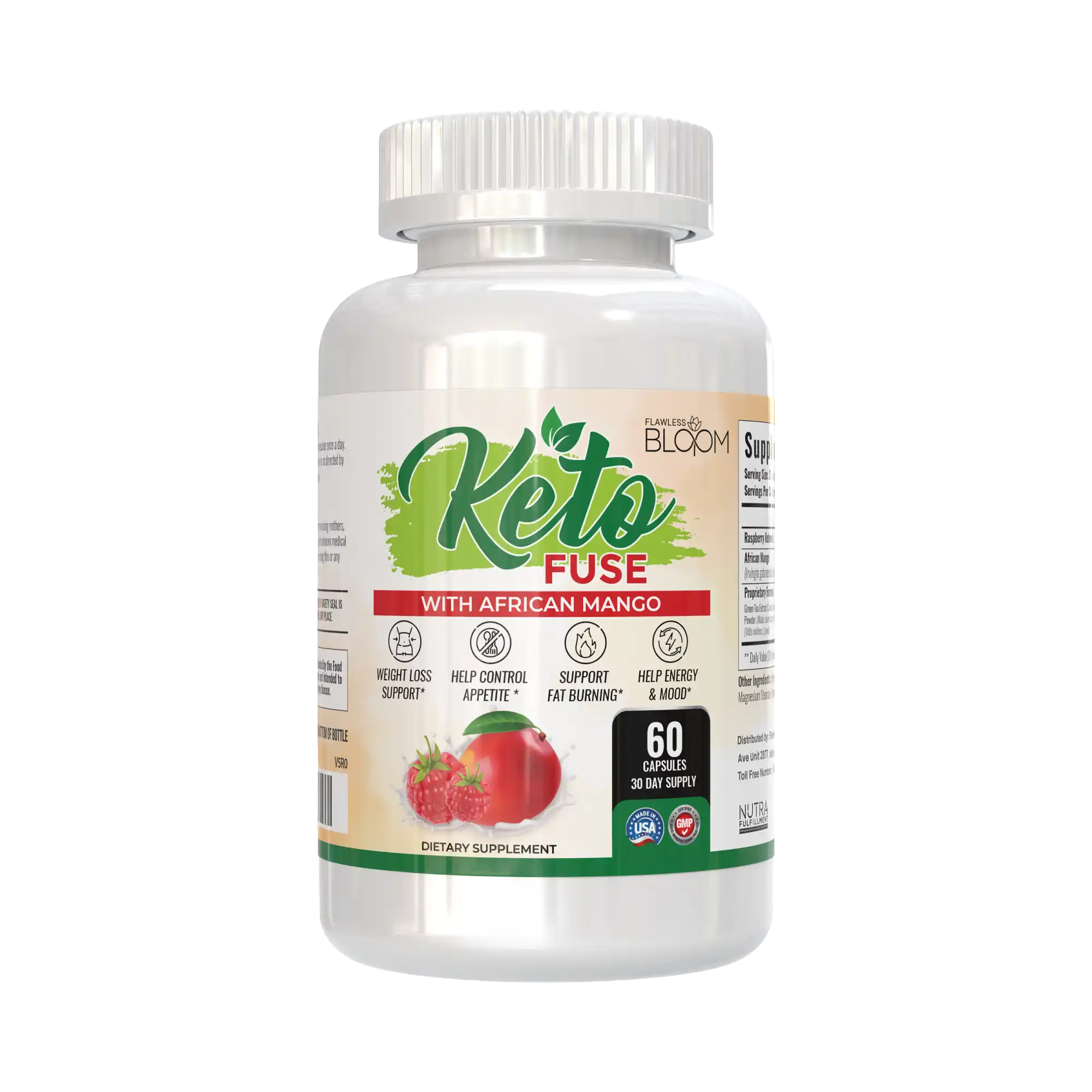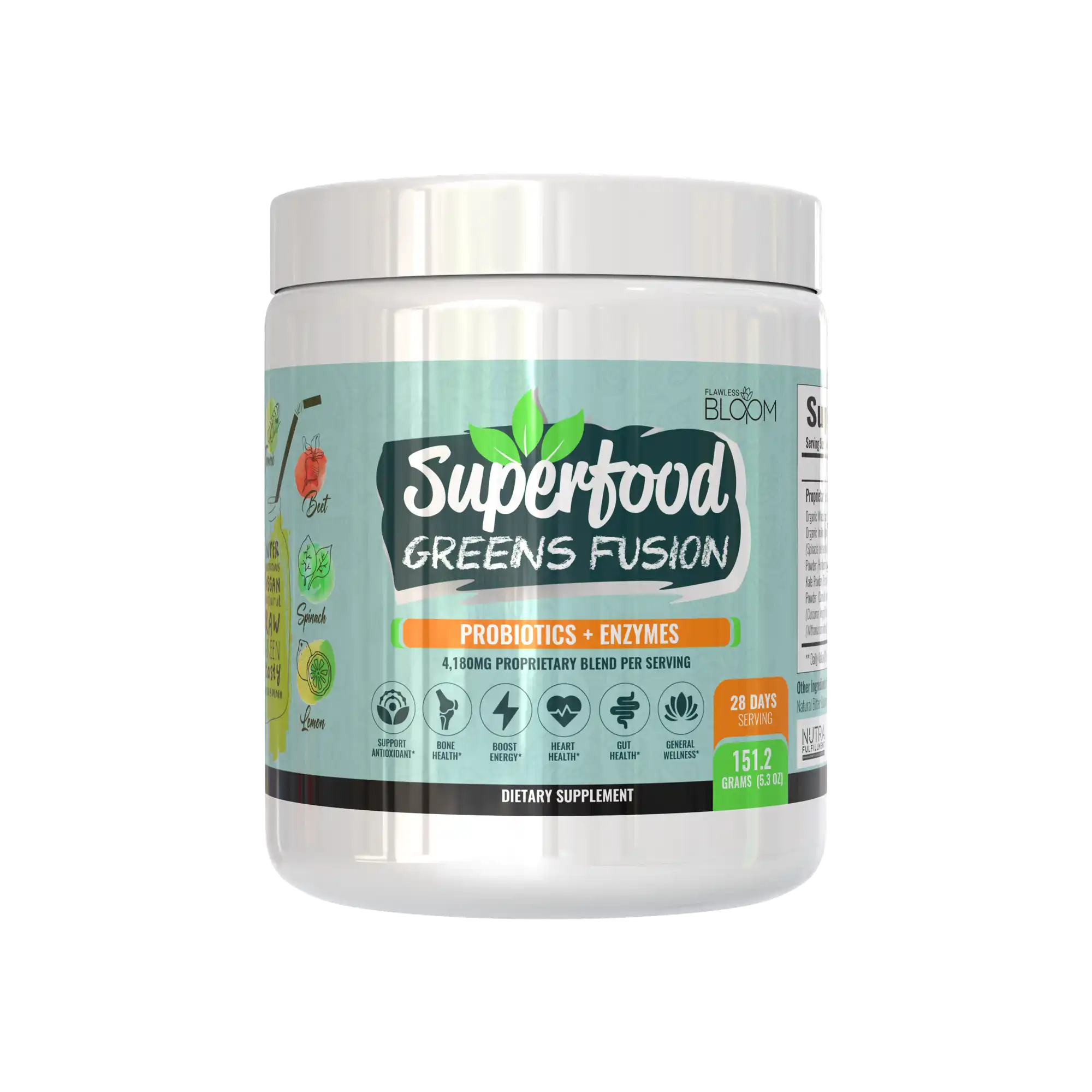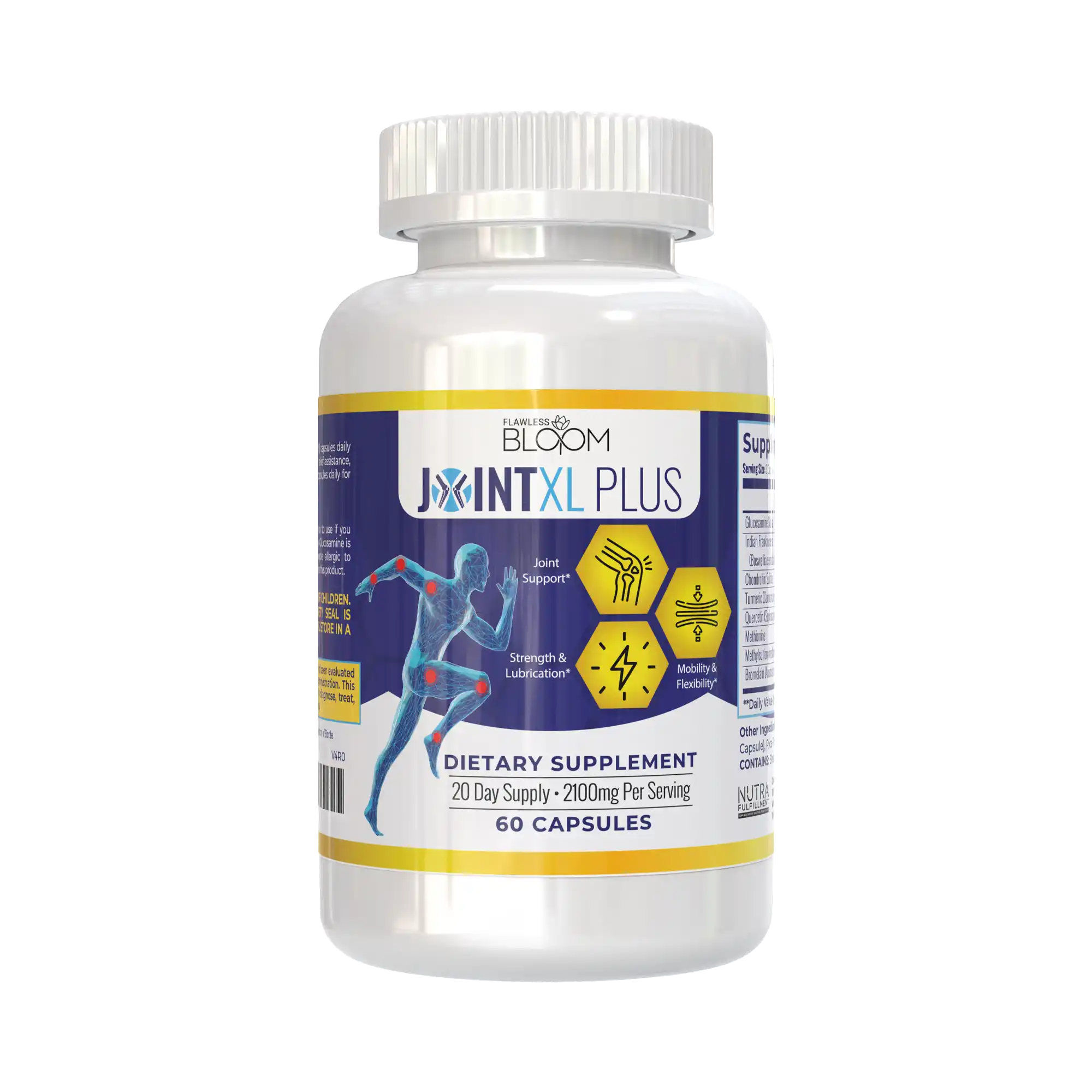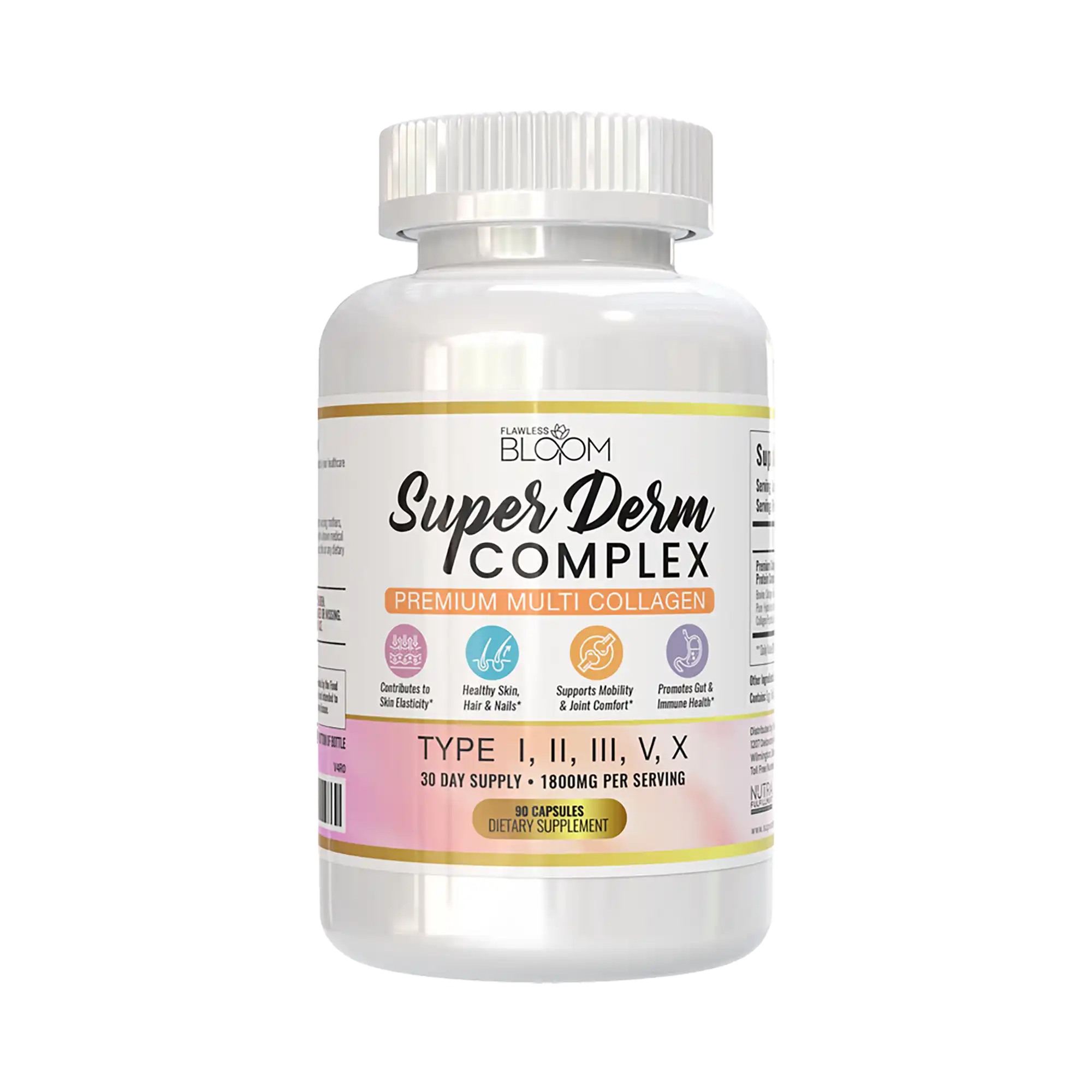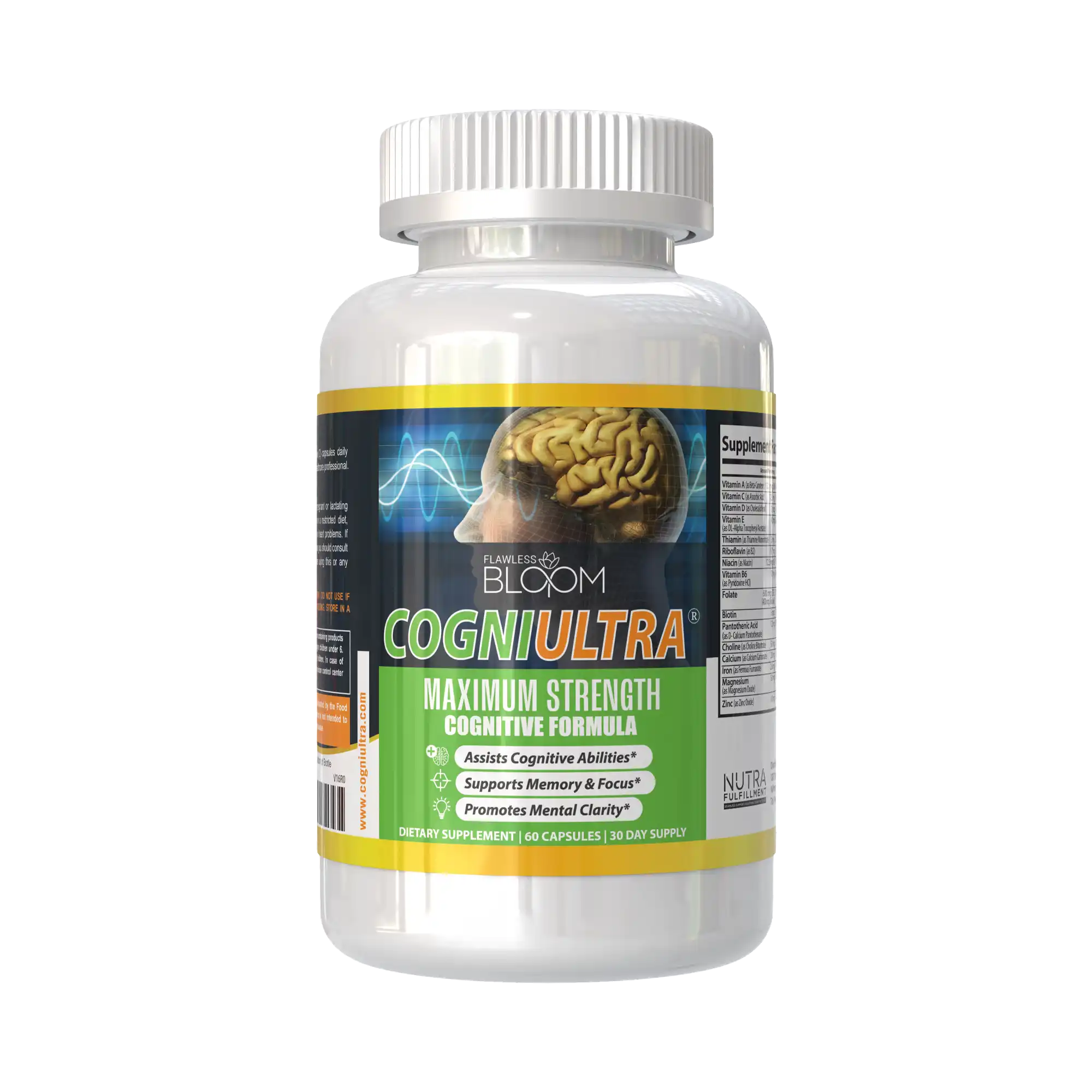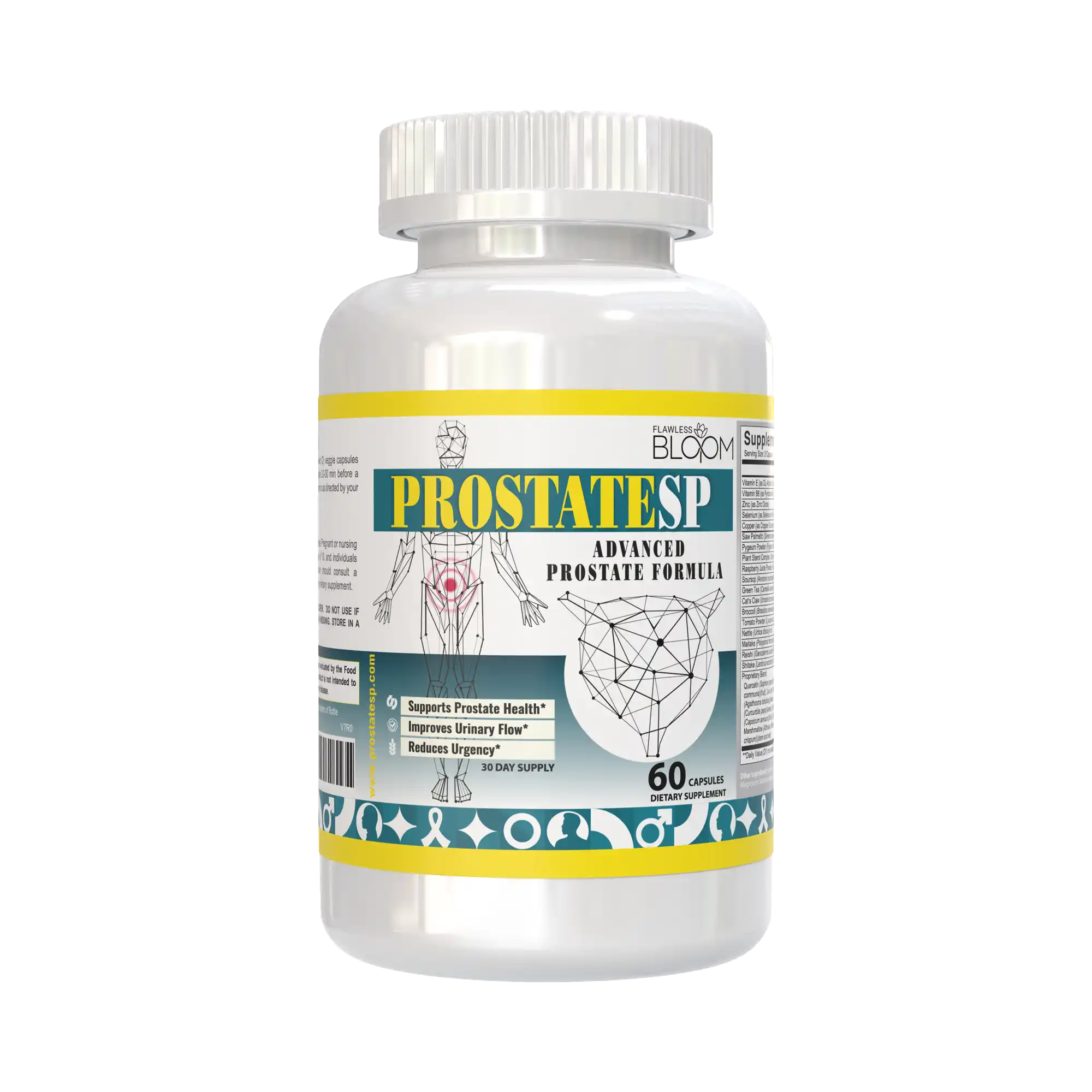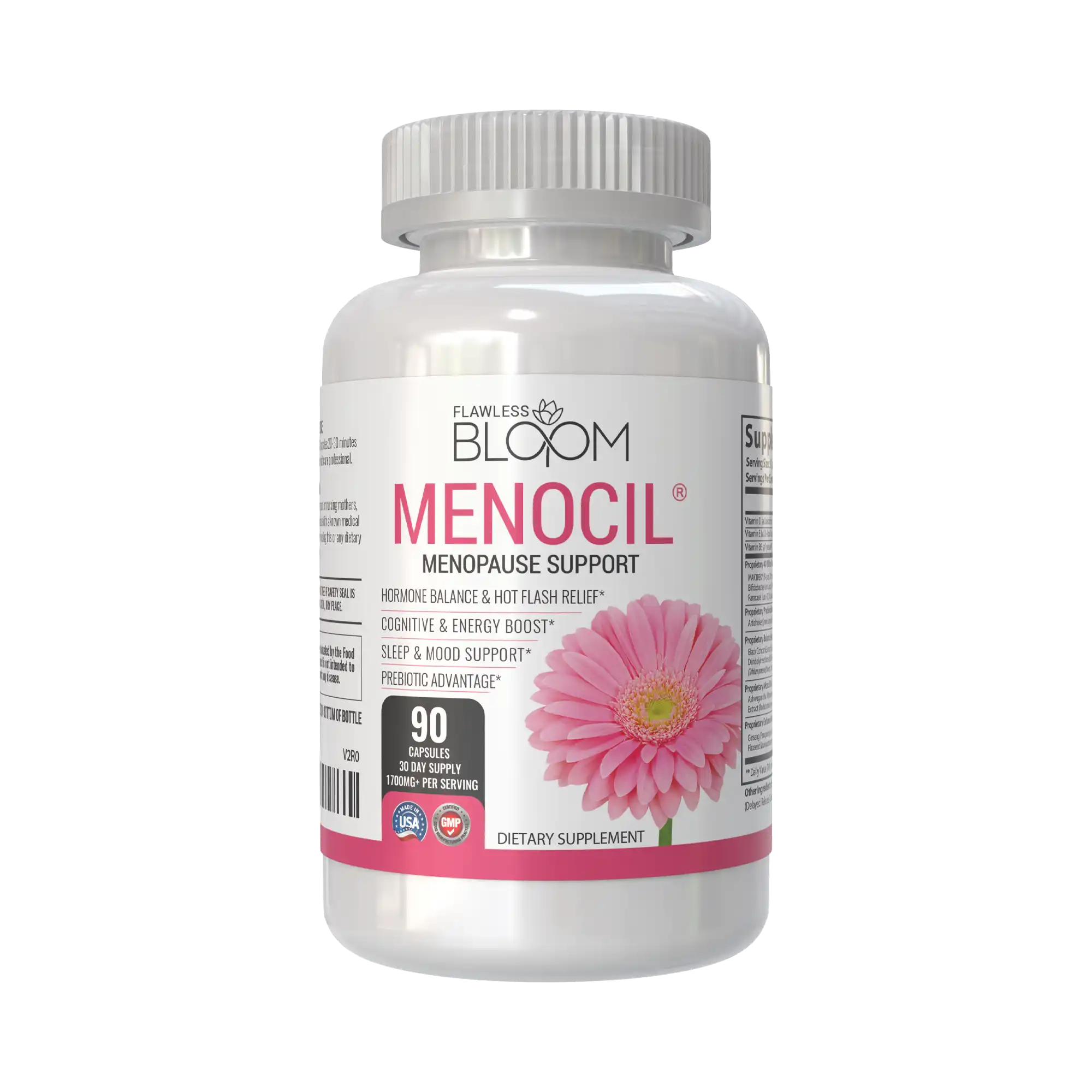Foods for Brain Health: Top Nutrients to Boost Your Cognitive Function
Foods for Brain Health: Top Nutrients to Boost Your Cognitive Function and improve memory, focus, and long-term brain health with a diet rich in brain-boosting superfoods.
Advertiser Disclosure: We independently select all the products. If you click through links we provide, we may earn a commission.

Key Takeaways
- A brain-healthy diet supports cognitive function, memory, and focus.
- Omega-3s, antioxidants, and essential vitamins are key nutrients for brain health.
- Foods like oily fish, dark chocolate, berries, leafy greens, and whole grains boost brain performance.
- The gut-brain connection is crucial for cognitive health; fermented foods and spices help reduce inflammation.
- Diets like the MIND diet reduce the risk of cognitive decline and promote long-term brain health.
Your brain health is something that has an immense impact on your life, health, and well-being. It affects you in the present and how you treat your brain will determine your quality of life when you get older.
That’s why it’s so important to take care of your brain as much as possible right now. Your diet can go a long way towards either ensuring or detracting from your cognitive abilities. Feeding your brain the right foods is critical for maintaining focus, preserving memory, and enhancing daily cognitive tasks.
In the following article, we will be discussing the very best brain foods, cognition-boosting nutrients, and how such foods affect the way your brain works.
Top Brain-Boosting Nutrients
To be able to determine the best brain food categories, it would help to understand the nutrients under the surface that offer the most benefit for brain function. So let’s take a look at the behind-the-scenes nutrient that help preserve brain function:
- Omega-3 Fatty Acids -
- Antioxidants -
- Vitamins and Minerals -
Omega-3 fatty acids are beneficial for brain function because they support brain cell structure and help neurotransmitters communicate properly. Some natural sources of omega-3 fatty acids include oily fish, walnuts, and flaxseed.
Antioxidants occur in many natural foods and are essential for brain health because they alleviate oxidative stress on the brain, reduce inflammation, and scavenge free radical cells that can inhibit neuron and neurotransmitter function. Some rich sources of antioxidants include dark chocolate, berries, and green leafy vegetables.
Minerals and vitamins (especially vitamin B12, B6, and folate) sharpen mental clarity and allow for effective brain cell communication. They are integral to cognitive health and the best source for them are natural, whole foods.
According to Dr.Lisa Mosconi- Program Director, Wellcome Leap | Director, Women’s Brain Initiative & Alzheimer's Prevention Program at Weill Cornell Medicine / NY-Presbyterian
A diet rich in omega-3s, antioxidants, and essential vitamins plays a significant role in maintaining brain function and slowing cognitive decline. What we eat today shapes how well our brain performs in the years to come.
Best Foods For Brain Health
Now let’s take a look at some specific brain superfoods that you can incorporate into your diet for enhanced cognitive function:
 Best Foods For Brain Health
Best Foods For Brain Health
1. Oily Fish -
Oily fish like mackerel and salmon are beneficial for brain health because they are rich in omega-3 fatty acids. These fatty acids are integral to brain health and can help stave off age-related cognitive decline.
2. Dark Chocolate -
The high cacao content in dark chocolate is what makes it good for your brain. Cacao is a rich source of antioxidants that provide good brain nourishment and help offset the damaging effects that free radicals can have on brain cells and nerves.
3. Berries -
Berries like blackberries, blueberries, strawberries, and others are also rich in antioxidants. A sustained, long-term diet that includes berries can significantly decrease your risk of developing conditions like Alzheimer’s and dementia.
4. Nuts and Seeds -
Nuts and seeds are rich in antioxidants and omega-3 fatty acids which, as we have discussed, are important for protecting neurotransmitters and enhancing their function.
5. Whole Grains -
Whole grains including brown rice and oats can improve certain metabolic markers that affect cognitive function as the National Institutes of Health states, “Greater intake of whole grains is associated with improved metabolic markers linked to cognitive function, including inflammation, glucose metabolism, blood pressure, and cholesterol.”
During our research, we came across a video on BestieHealth that explian how specific foods can promote brain health and keep your mind sharp.
6. Leafy Greens -
Another great category of food for brain health is leafy greens like spinach and kale. That’s because these foods are rich in nutrients like B vitamins, lutein, and beta-carotene. Studies have also found that maintaining these foods as a staple in your diet can help slow down cognitive decline.
According to Edmond Hakimi, DO, FASAM
Leafy greens contain folate and vitamin K and nitrates and carotenoids which support brain functions through vascular and neural pathways. The brain tissue receives protection from oxidative damage while homocysteine levels become more manageable because of these nutrients. Research shows that people who eat more of these foods develop cognitive impairment at a slower rate.
7. Eggs -
Eggs are a great source of choline - a nutrient that proliferates the generation of an important neurotransmitter in the brain that also has a significant impact on motor function and memory.
8. Avocados -
Avocados are a natural source of healthy fats that benefit the brain by improving working memory, helping with memory retention, and reducing your risk of developing serious cognitive issues in the future.
According to Edmond Hakimi, DO, FASAM
The monounsaturated fats in avocados help people develop better cholesterol levels and improved blood flow to their brains. The changes in brain function lead to better memory performance and improved attention span and cognitive stability. The dietary fats in patients with cardiovascular disease risk factors match the eating patterns which produce better brain health results.
9. Coffee -
The brain benefits of coffee have everything to do with the caffeine content. Caffeine is considered one of the brain healthy foods because it can provide a quick, temporary burst of mental energy, focus, and clarity.
According to Michael Genovese, M.D.
Caffeine creates alertness and faster reaction times through its ability to block brain adenosine receptors. The substance creates better mental focus and extended concentration abilities after people drink it. Research studies have shown that people who drink coffee in moderation experience lower chances of developing cognitive decline.
10. Soy -
Soy is a natural source of protein and your brain needs protein in order to function properly. Proteins are made up of amino acids and the brain needs these amino acids to proliferate numerous chemical reactions related to cognitive function. These are just a couple of reasons why soy is a good brain food.
According to Michael Genovese, M.D.
Soy protein contains all necessary amino acids which serve as building blocks for neurotransmitter production. The amino acids in these foods enable metabolic processes that support brain function. The brain uses these nutrients to perform chemical signals efficiently throughout time.
How Heart-Healthy Foods Support Brain Health
The Relationship Between Heart and Brain
Many of the same foods that support your heart health can have a positive effect on your brain. The body functions are interconnected; thus, eating nuts, fatty fish, berries, leafy greens, and whole grains helps improve blood flow and lowers inflammation which supports both the heart and your brain. This is also linked to your gut microbiome, which controls things like your mood, memory, and mental acuity.
Olive Oil: A Food That Boosts Your Brain
Antioxidants in olive oil from the Mediterranean and MIND diets bring great brain health benefits by promoting gut-brain connections. Experts say that extra-virgin olive oil helps protect brain cells from stress and inflammation, promotes a proper balance of bacteria in the gut, and could improve how brain cells communicate, supporting memory and concentration.
How Fermented Foods Help Mental Health
Fermented food like yogurt, kimchi or sauerkraut offer your gut healthy bacteria that support the right mix of microbiome you need for healthy brain functioning. Keeping your gut healthy is important for the brain because the gut-brain axis manages inflammation and promotes healthy neurotransmitters. People who eat fermented products on a regular basis may lower their chances of cognitive decline and dementia.
Spices are Strong Allies for the Brain and for the Digestive System
Turmeric, black pepper, rosemary, saffron, and parsley are spices you shouldn’t ignore. Spices include substances that help to calm inflammation and protect cells from damage. The main benefit of turmeric’s curcumin is its effect on mental function, and black pepper helps you absorb more curcumin. By adding these spices to your dishes, you taste better food and do something good for your gut and brain over time.
The Gut-Brain Connection: How Gut Health Shapes Mood and Cognitive Function
Most people do not know that your gut and brain communicate very closely through a path called the gut-brain axis. Serotonin, which some people refer to as the “feel-good” hormone, is crucial in this relationship since it helps with mood, wellness, sleeping, and memory. 90% of serotonin receptors important for the mind are found in the gut, proof that the gut and mental health are closely tied.
Having a diet rich in veggies and adding fermented yogurt and kimchi to your meals helps your body make and use serotonin. Meanwhile, when you have an unbalanced gut, abs in the right side of your small intestine with bacteria can further disrupt serotonin and lead to issues like mood changes, trouble with concentration, and sensitive reactions to stress.
Gut inflammation can cause problems in your brain and lead to mood changes and brain function. For these reasons, foods that improve your health and fight inflammation are beneficial for everything from your digestion to your mind and brain.
In essence, the food you take in at mealtime can determine how stable, on track or focused you are. A healthy gut helps improve mental clarity, enhance memory and creates a more even mood.
How These Foods Support Cognitive Function
The foods and brain food snacks that we have listed above generally fall into two categories: foods that are good for your brain in the here and now and those that help support long-term brain health.
The way that some of these foods offer brain benefits in the present is by ensuring the health and communication between your neurotransmitters. This effect can improve your working memory, and memory retention, and enhance your focus on a day-to-day basis.
On the other hand, some of these foods are better for long-term brain health. For instance, some of the foods listed above are rich sources of protein. High-quality clinical studies have found that diets rich in protein typically help lower the risk of neurodegenerative diseases and age-related cognitive issues such as Alzheimer’s and dementia. Additionally, incorporating the best supplements for brain health can further support cognitive function and overall brain wellness.
How the MIND Diet Can Lower the Risk of Alzheimer’s and Dementia
People who strictly follow the MIND diet may cut their risk of Alzheimer’s or dementia by up to 53%, recent studies show.
Unlike other plans, the MIND diet advises eating leafy greens, berries, nuts, whole grains, olive oil, beans, fish and poultry regularly. They contain B vitamins, flavonoids and healthy fats which care for your brain and nerves.
Eating lots of colorful fruits and vegetables, nuts, seeds, oily fish for omega-3s, legumes, whole grains and fresh herbs as part of the Mediterranean diet can supply the useful antioxidants needed for your brain.
Both diets ask that you cut back on sweets, foods deep-fried in oil, purchased foods with additives, red meat, butter, cheese and refined sugar to minimize your risk of inflammation.
Eating like this frequently supports your whole body and helps your brain stay healthy as time goes by.
Incorporating These Brain Foods into Your Diet
We understand that it may be difficult for some people to incorporate all of these foods for brain health into their diet. However, the good news is that you don’t have to eat all of these foods to reap their brain benefits. The key is consistency. For instance, if you can only seem to include more berries in your diet, try to eat a serving at least once a day.
Moreover, there are some practical ways to start including more of these healthy foods into your diet such as:
- Shopping List - The first step in eating more brain-healthy foods is stocking your fridge and pantry with them. Include some of these foods on your shopping list to have them handy when you need them.
- Meal Tips - A breakfast of yogurt and mixed berries, followed by a high protein lunch of salmon with a mixed greens salad, and a dinner of soy-based protein tacos topped with avocado and can provide you with enough brain fuel every day.
- Start Slow - You don’t have to do a 180 on day one. Start by simply incorporating a couple of the items on the brain foods list and slowly begin including more to make the change less jarring and more sustainable for yourself.
Foods That Limit Better Brain Health
Avoid foods that might hurt your brain, just like you should add foods that benefit your brain.
- Overconsumption of certain packaged or cupboard basics may bring on memory and attention difficulties and harm your mood by increasing inflammation and this can impact the brain.
- Many processed, packaged meals and baked goods have lots of sugar and unhealthy fats, which means you should eat them less.
- If you consume too much sugar, your brain isn’t able to work properly, and it might make it hard to make good choices and recall things.
- Soybean, corn, and sunflower oils are manufactured and mainly contain omega-6 fatty acids; using them too often can throw off your omega-3 ratio and promote health problems in the brain.
- Sausages, hot dogs, and the meats at the restaurant often contain a lot of saturated fats, too much sodium, and preservatives that research connects to brain and memory issues.
Selecting whole foods and eating them in place of these junk foods helps your brain function well.
Conclusion
Your brain health is of untold importance to your overall quality of life and fulfillment. So incorporating brain-healthy foods like leafy greens, fatty fish, dark chocolate, and berries is a great way to invest in your present and future.
Indeed, the best way to ensure good brain health is by making healthy choices with your diet - and you can certainly start by eating more of the foods we detailed in our list.
FAQs
References
Flawless Bloom has strict sourcing policies and relies on primary sources such as medical organizations, academic institutions, governmental agencies, and peer-reviewed scientific journals. Read more about how we ensure our content is accurate, thorough, and unbiased by reading our editorial process.
- Diet rich in fatty fish good for cognitive function: https://www.uclahealth.org/news/article/diet-rich-in-fatty-fish-good-for-cognitive-function
- The Relationship between Whole-Grain Intake and Measures of Cognitive Decline, Mood, and Anxiety—A Systematic Review: https://pmc.ncbi.nlm.nih.gov/articles/PMC10334137/
- Nutrients and bioactives in green leafy vegetables and cognitive decline: https://pmc.ncbi.nlm.nih.gov/articles/PMC5772164/
- The Power of Protein for Brain Health: https://fixel.ufhealth.org/2024/12/18/the-power-of-protein-for-brain-health/











